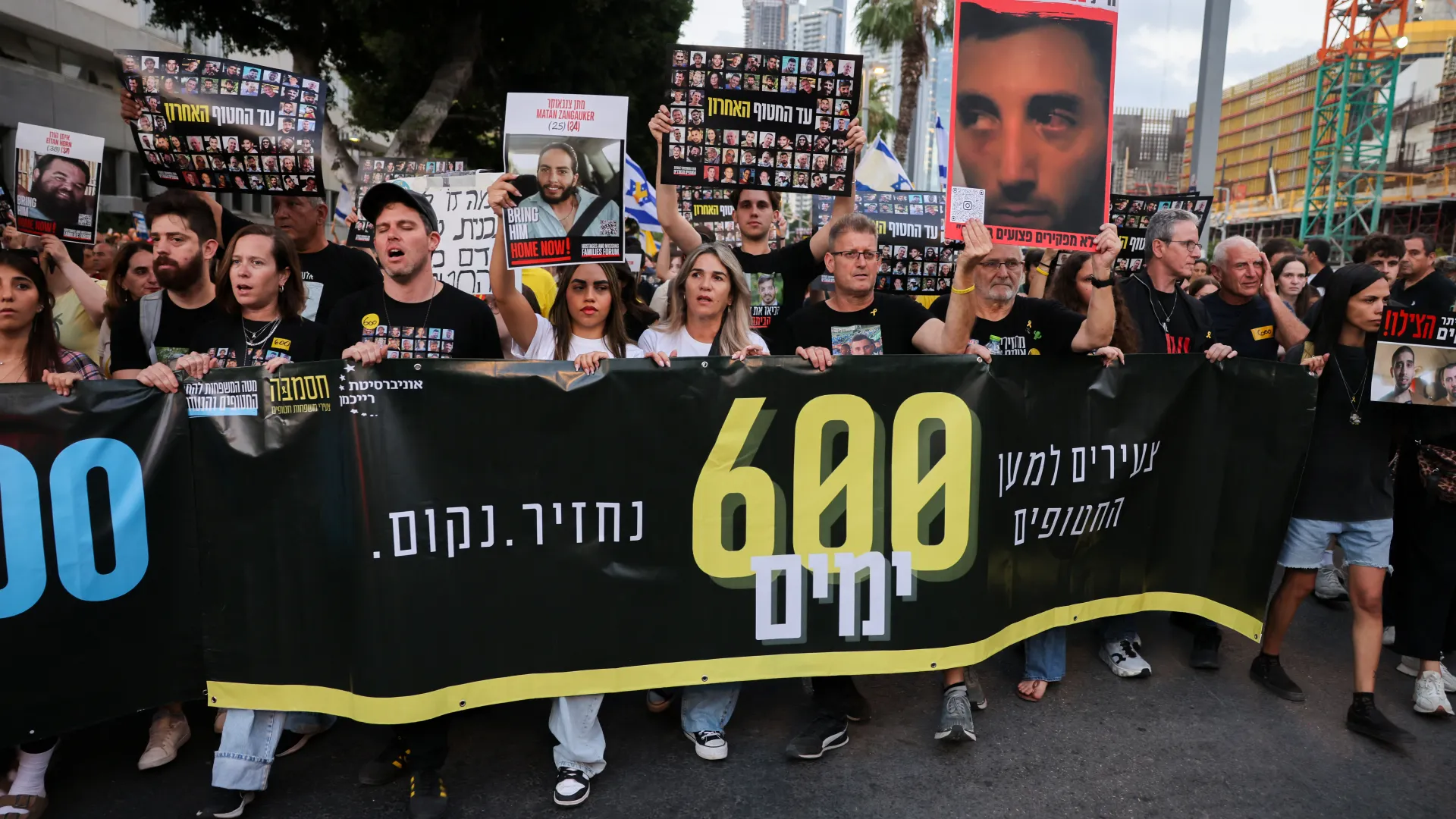how to get EU driver’s license as a student.The short answer: Yes, Israeli society is deeply divided over the war in Gaza, though the reasons for this split are complex. The conflict has triggered fierce debates across political, cultural, and generational lines. While some citizens support decisive military action to dismantle Hamas, others push for urgent diplomatic solutions to prevent further loss of life. These divisions are shaping Israel’s politics, economy, and even its social fabric.
1. The Roots of the Division
The split in Israeli society over the Gaza war is not sudden. It builds on long-standing tensions between security concerns and humanitarian principles. Many Israelis, especially those with military backgrounds, view the operation as necessary for national safety. On the other hand, peace activists and human rights groups argue that extended warfare worsens the humanitarian crisis in Gaza and damages Israel’s global standing.
Public opinion surveys, such as those reported by BBC News, show that while support for military action remains high, a growing minority believes negotiations should start immediately.
2. Political Impacts of the Gaza War
The war has intensified political rifts. Prime Minister Benjamin Netanyahu’s government faces both strong backing and severe criticism. Opposition parties accuse the leadership of mishandling both the lead-up to and the conduct of the war. This political split has spilled into public demonstrations, with rallies either calling for stronger offensives or immediate ceasefires.
Interestingly, these protests mirror other debates in Israeli society, from judicial reform to economic inequality — all contributing to the atmosphere of division.
3. Social and Cultural Perspectives
Generational differences also influence opinions on the war. Younger Israelis tend to be more connected to international perspectives, often through study or work abroad. These experiences sometimes lead them to question aggressive military strategies. Older generations, shaped by decades of regional conflict, often prioritize security over diplomacy.
Even within families, heated debates take place. What’s clear is that this split is not simply left vs. right, but a complex web of identities, histories, and values.
4. The Role of International Perception
Global reactions to the war put extra pressure on Israeli policymakers. Some citizens worry that international criticism will isolate Israel diplomatically and economically. Others believe Israel must act regardless of external opinion.
This global awareness also ties into unrelated but popular discussions among students abroad, such as how to get EU driver’s license as a student, which reflects how interconnected Israeli society is with the rest of the world.
5. Economic Effects of a Divided Society
The war affects Israel’s economy through tourism losses, reduced foreign investment, and mobilization of reserve forces. Social divisions also make it harder to implement unified economic policies. For example, debates about funding for military vs. social services grow sharper during wartime.
In times of economic strain, people often turn to online resources for alternative opportunities, whether in business, study, or even how to get EU driver’s license as a student to expand career options abroad. Some find useful information through platforms like this site.
6. Can the Divide Be Bridged?
Bridging the gap will require leadership that can balance security needs with humanitarian concerns. Dialogue between communities, political compromise, and transparent decision-making are vital. If leaders and citizens can agree on a shared vision, the divide may narrow — but that path will not be easy.
Conclusion
Israeli society is undeniably split over the war in Gaza, with divisions running through politics, culture, and generational experience. While some believe military strength is the only way forward, others argue for diplomacy and humanitarian relief. The coming months will reveal whether Israel can navigate these differences or whether the divide will deepen further.
Even in times of conflict, citizens remain engaged with the wider world — discussing travel, education, and even how to get EU driver’s license as a student — a reminder that life, in all its complexity, continues alongside the headlines.


